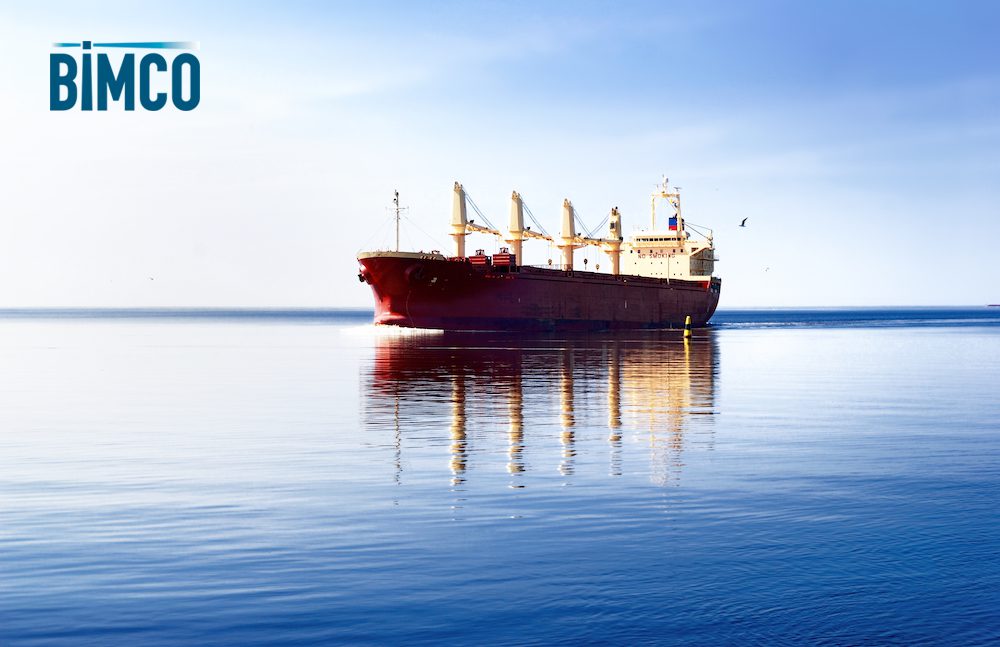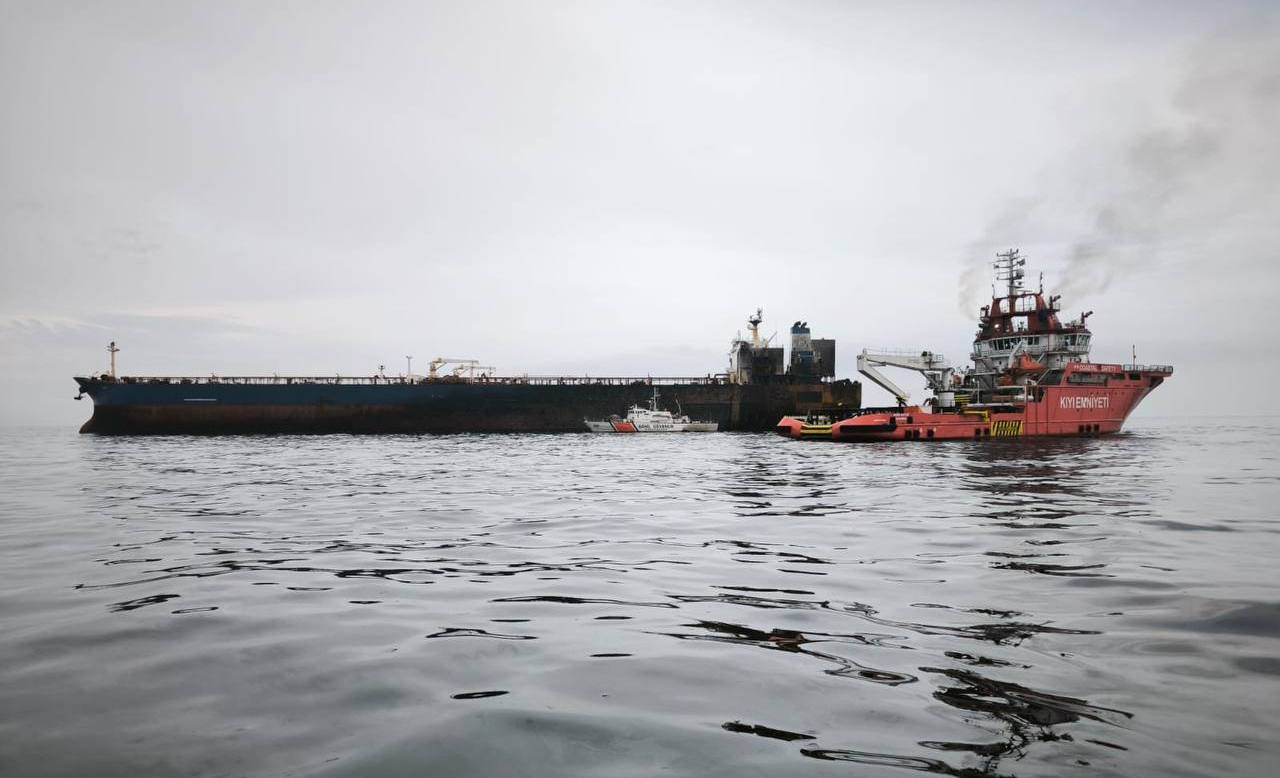By Ira Breskin –
Failure of a benchmark ship lease to address the environmental and financial impact of charterers’ operational decisions could undercut the industry’s latest pollution remediation efforts.
That is the consensus of two industry experts speaking last week during the Regulation and Decarbonization: Breakbulk Transport and Logistics webinar hosted by The Journal of Commerce.
More specifically, ship lessors, under terms of a time charter, acting logically for their economic benefit, likely will discount the negative environmental consequence of operating ships at the maximum, contractually-permissible average speed, speakers said.
That is because the charter’s speed warranty clause address operational, not commercial issues. More specifically that clause ignores charterers’ obligation to a pay surcharge several years later tied to outsized, high-speed induced fuel usage, said Thomas Damsgaard, BIMCO’s America’s bureau chief, based in Houston.
Copenhagen-based BIMCO, the largest association of ship owners, publishes widely-used, standard, ship leasing contracts or charter parties.
From the charterers’ perspective, putting “the pedal to the metal” is logical. High-speed operations increase vessel utilization, hence profitability, by creating additional voyages per year. However, high-speed operations use disproportionate fuel that causes outsize environmental degradation.
Under BIMCO’s recently released model time charter, ship owners in 2025 must collect from charterers pass-through payments designed to offset the environmental damage caused by fuel inefficient, charterer-mandated, high-speed operations.
“Accountability of the decision by one party (the charterer) is not aligned with the other,” specifically the ship owner, said Sam Noble, president and CEO of Overseas Shipping Group, which operates a fleet of US-flagged tankers.
A possible solution is “rethinking the way owners and time charterers are engaging with each other. This is about collaboration,” and provides an opportunity to better realign contract terms for mutual benefit, Damsgaard said.
An example is BIMCO’s recommended off-hire time charter clause. It relieves charterers from emissions-related surcharges that they would have accrued had the ship been operating, or on-hire.
Moreover, owners likely will receive lower lease rates, or hire, for a ship with the poor emissions record that is due, in part, to charterer-induced, high-speed operations.
Charterers in early 2025 will start paying excess fuel-emission related offset costs, based on 2024 performance data. The 2025 Carbon Intensity Indicator score will capture that data.
Owners facing the highest financial exposure, when charterers operate ships to the limit noted in the speed warranty clause, are those offering short-term charters. Given the charter’s limited timeframe, most of the vessel voyages are short, less fuel-efficient ones.
The speed warranty clause states a ship’s rated cruising speed, when operating in a “normal” sea state.
However, owner-operated ships arguably will have the strongest environmental-related performance, best CII scores and lowest out-of-pocket environmental liability cost. That is because, in their case, owner/charterer roles align perfectly, Damsgaard said.
Ira Breskin is a senior lecturer at State University of New York Maritime College in the Bronx, NY and author of The Business of Shipping (9th edition, 2018), a primer that explains shipping economics, operations and regulations.

 Join The Club
Join The Club











